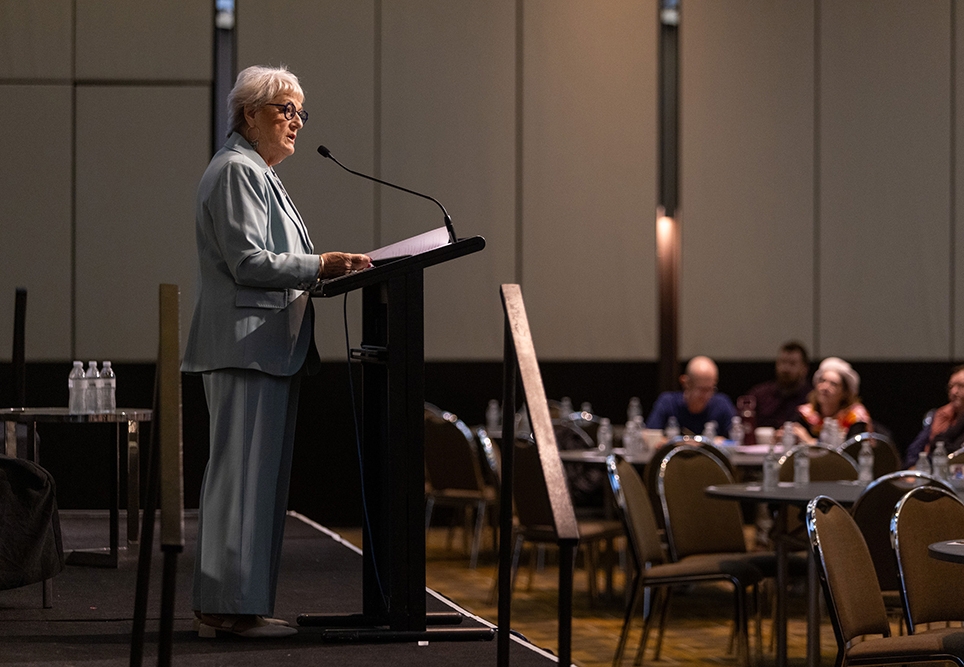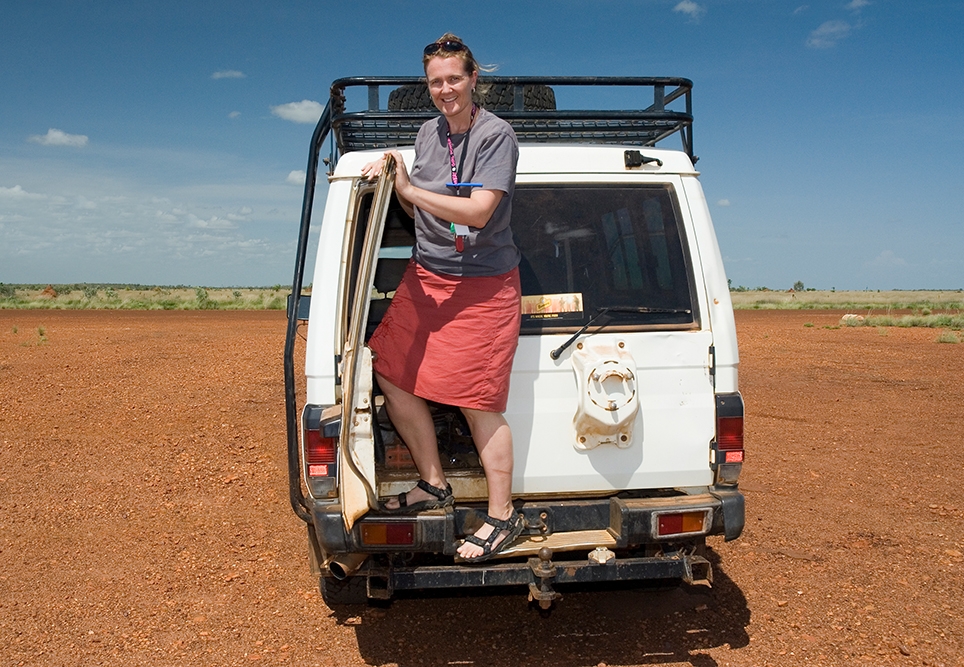During National Blood Donor Week, CRANAplus and the Australian College of Nursing are calling for Australia to catch up with other OECD countries who have made it possible for queer, gay and bisexual men to donate blood more than once a year.
Under current blood supply protections, there is a 12-month donation deferral period for men who have had sexual contact with other men (MSM).
“New and improved testing means blood borne diseases can be detected earlier and more easily,” Australian College of Nursing (ACN) CEO, Adjunct Professor Kylie Ward FACN explained. “Maintaining a 12-month deferral period for MSM individuals exceeds what is required to maintain blood safety and has the side-effect of perpetuating stigmas and stereotypes regarding queer, gay and bisexual men.
Blood and plasma donations are an essential health service that can help save lives and improve people’s health.
A regular supply of blood through blood donation is needed because blood has a limited time for use and there is therefore a need to ensure blood is always available and on hand. Unfortunately, there is a shortage of blood donations in Australia. According to the Australian Red Cross Blood Service, only one in 30 Australians donate blood, but one in three Australians will require blood in their lifetime.
“Shortages have worsened during the COVID-19 crisis, with reports that as many as 900 donor appointments are being cancelled each day,” CRANAplus Chief Executive Officer, Katherine Isbister said. “By simply coming into step with international policy, Australia will be able to increase the donor pool while continuing to ensure our blood supply is one of the safest in the world.”
CRANAplus and ACN are recommending the deferral period for all MSM wishing to donate blood be reduced to a period of four to six months.
“Thank you to every Australian who donates blood,” Adjunct Professor Ward said. “The 500,000 Australians who make 1.5 million donations every year are lifesavers. What we would like to achieve by modernising the approach to blood donation restrictions is that every person who wants to donate blood and can safely do so, does not face unnecessary hurdles that could prevent them from donating as frequently as possible or even donating at all.”



